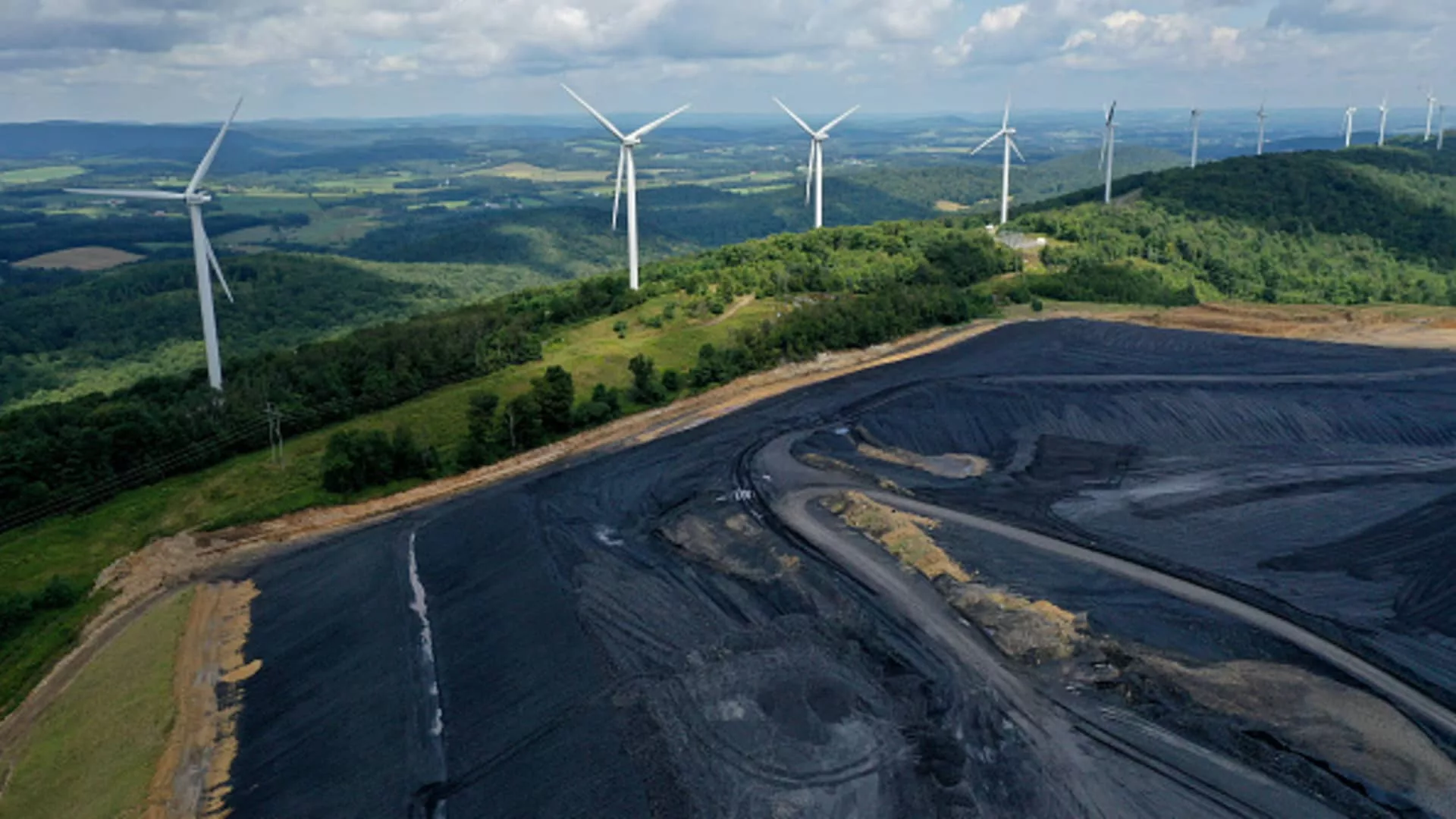According to a recent analysis from the International Energy Agency, global energy investment is expected to reach over $2.8 trillion in 2023, with about $1.7 trillion of that amount going toward clean energy technology including EVs, renewable energy sources, and storage.
While the latter number will be welcomed by proponents of the transition to a sustainable future, they will probably be discouraged by the IEA’s prediction that coal, gas, and oil will still be on track to draw “slightly over” $1 trillion in investment this year.
The IEA’s World Energy Investment report for 2023 said that “today’s fossil fuel investment spending is now more than double the levels needed in the Net Zero Emissions by 2050 Scenario.”
“The misalignment for coal is particularly striking: today’s investments are nearly six times the 2030 requirements of the NZE Scenario,” the report continued.
There is a significant impact of fossil fuels on the ecosystem. According to the United Nations, since the 19th century, “human activities have been the main driver of climate change, due primarily to the burning of fossil fuels like coal, oil and gas.”
The 2015 Paris Agreement casts a long shadow on the IEA study. With respect to pre-industrial levels, the historic agreement seeks to “limit global warming to well below 2 degrees Celsius, preferably to 1.5 degrees Celsius.”
It is believed that reducing human-caused carbon dioxide emissions to zero by 2050 will be essential to achieving the 1.5-degree Celsius objective.
High-profile individuals have expressed their opinions on fossil fuels during the past few years, including Antonio Guterres, secretary general of the United Nations.
Guterres criticized the latest funding for fossil fuel development in June of last year. He referred to it as “delusional” and demanded that fossil fuel financing be stopped.

